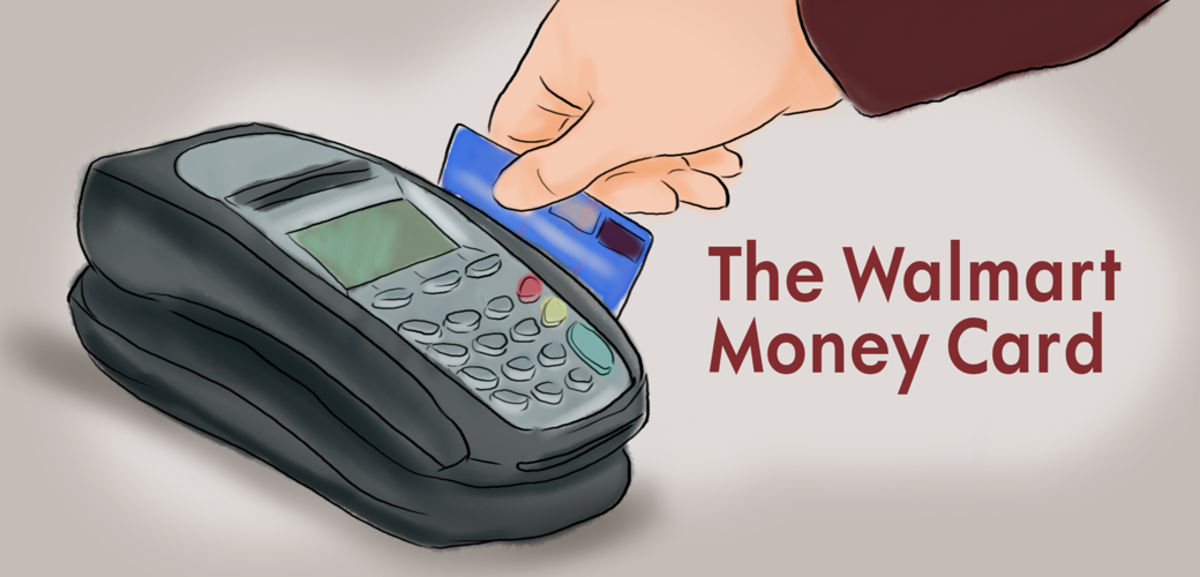Cryptocurrencies: The Money of the Future or an Unprecedented 'Bubble'?
A bit of history..
The word cryptocurrency was first used in 1998 by Wei Dai in the Cypherpunks mailing list, supporting the idea of a new form of money, which uses cryptography, to control its creation and transactions, thus replacing any central authority.
Ten years later, Satoshi Nakamoto published in the same mailing list the first specifications of bitcoin in the now famous white paper that was submitted in public shortly afterwards.
Cryptocurrency is essentially a peer-to-peer decentralized electronic form of money, which relies on cryptography principles to secure the network and verify transactions. Most cryptocurrencies use a Distributed Database as the pillar of their system, the so-called Blockchain.
Bitcoin, introduced in 2009, became the first successful decentralized cryptocurrency. Due to the open nature of its software, many developers were allowed to experiment with its code and modify it (forking). Since then, a plethora of new cryptocurrencies have been created, which have been made to improve or even add functions such as faster transactions, greater anonymity, etc.
The main characteristic of the cryptocurrency is its decentralised nature and through it its resilience in any form of effort for control and intervention. The cryptocurrency market cap is estimated to reach $1-2 trillion in 2018.

What is Blockchain technology?
Blockchain technology is a shared ledger that supports cryptocurrencies, but also allows encrypted data for anything from money to medical records shared between companies, people and institutions.
This protects data from fraud, since all interested parties are immediately informed.
The looming threat to today's financial institutions is that the system uses two tools: cryptography and a list of public listings. In this list, anyone can learn all the details of each transaction. As a result, stock markets and clearing houses could mediate, while large global foreign exchange outlets such as JPMorgan and Citigroup could lose out if smaller banks start using blockchain.
The rise of Bitcoin
Historically, bitcoin's first jump was in the spring of 2013 and was high: from $30 to $230 and occurred between March and April 2013. One of the possible reasons for this increase is thought to be the rescue of Cyprus and the taking of large deposits from the banking system. "Funds belonging to Bitcoin are immunized at such events. In December 2017 they experienced the biggest "bubble," which broke in January 2018, when Bitcoin reached $20,000."

How can one invest in cryptocurrencies?
According to Bitnewsbot, If someone wants to invest in cryptocurrencies, there are now several exchanges in Europe, Asia and the Americas. In these cryptocurrency exchanges, anyone can sign up, showing a document proving its identity and starting to invest their euros or dollars in bitcoins or other cryptocurrencies. Of course, how safe the investment is, is always a question, since the cryptocurrencies and the legislation that governs them are still in the embryonic stage and it is not excluded that any unpleasant surprises can be found.
The need to regulate cryptography
The view that once cryptocurrency laws are introduced, banks will be less negative when it comes to companies working in the cryptosphere, as there will be security.
If the State regulates cryptography, it will safeguard the basic principles of economic regulation and the market will protect the investor, as well as ensuring market integrity and financial stability.
The European Central Bank informs that virtual currencies pose an extremely high risk and are usually highly speculative. The warning makes reference to the high risk that the consumer will lose a large amount or even all the money invested.
Some of the risks to which consumers are exposed include: extreme volatility and the risk of a bubble risk, lack of protection, lack of exit options, lack of price transparency, operating disruptions, misleading information and unsuitability of virtual currencies for most purposes, including investment or retirement planning.
In addition, the three supervisory authorities point to a number of actions that consumers can take if they decide to purchase virtual currencies or financial products, which involve direct exposure to virtual currencies,' it concluded.
What can you buy with cryptocurrencies
Since their inception many companies have started to adopt this new form of currency – others because the wanted to innovate, other to capitalize on this new niche and target group and others because they are believers and want to see the world move forward from the existing monetary system.
The answer to the question is simple. You can buy almost everything. For example you can buy any kind of online services like, hosting for your projects, domain names, VPN services, CDN services, online SaaS tools etc.
Furthermore you can buy electronics from popular shops like NewEgg, furniture and home interior stuff from super-popular website like Overstock. You can also buy stuff from Amazon by first obtaining an Amazon gift card from services like bitrefill.
Finally with the rise of crypto debit cards you can easily spend your cryptocurrencies anywhere in the world Visa and MasterCard is accepted. We’re talking for both online and offline merchants.
Got any questions...
After reading the article? Don't hesitate to leave me a comment! I would more than happy to get back to you and see if I can help. The crypto field has spiked my interest a lot in the past year and I think I know a thing or too!
This article is accurate and true to the best of the author’s knowledge. Content is for informational or entertainment purposes only and does not substitute for personal counsel or professional advice in business, financial, legal, or technical matters.








